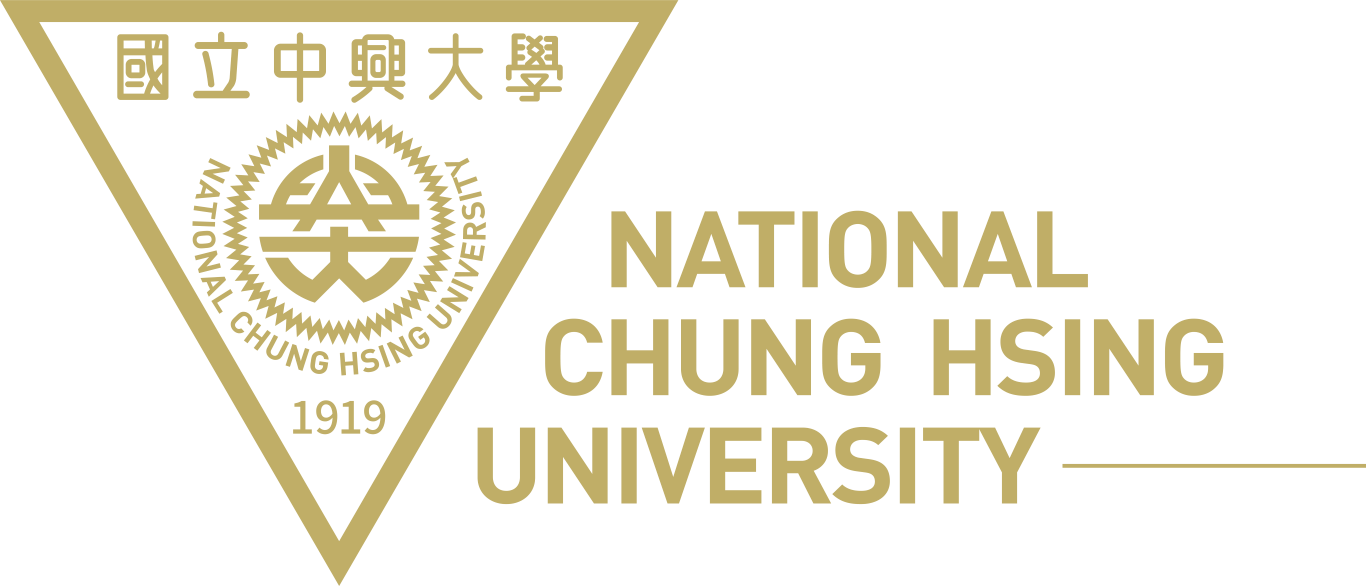As part of its globalization initiative to attract more international students and help students cultivate an international perspective, NCHU provides subsidies to encourage academic units to offer all-English courses and programs.Applicable to:
1. Fully English-taught degree programs, departments, and graduate institutes
2. Fully English-taught credit programs
3. English-taught core subject courses and general education courses offered to students in fully English-taught programs
4. English for General Academic Purposes (EGAP), English for Specific Academic Purposes (ESAP), and English as a Medium of Instruction (EMI) courses that meet the NCHU Standards for the Recognition of English-Taught Courses
5. Fully English-taught subject groups approved by a task force composed of the Vice President for International Affairs (convener), Vice President for Academic Affairs, and the dean of each college

